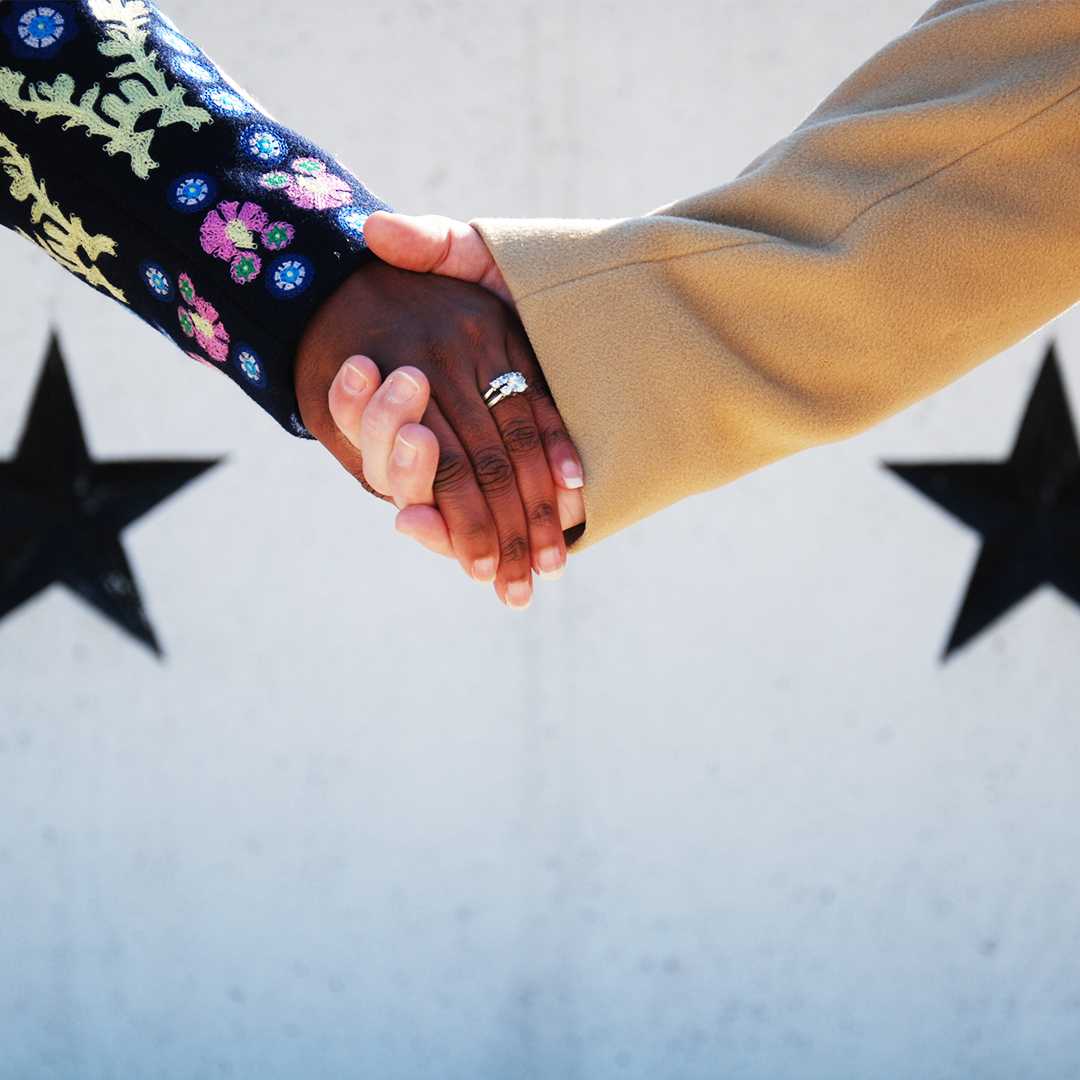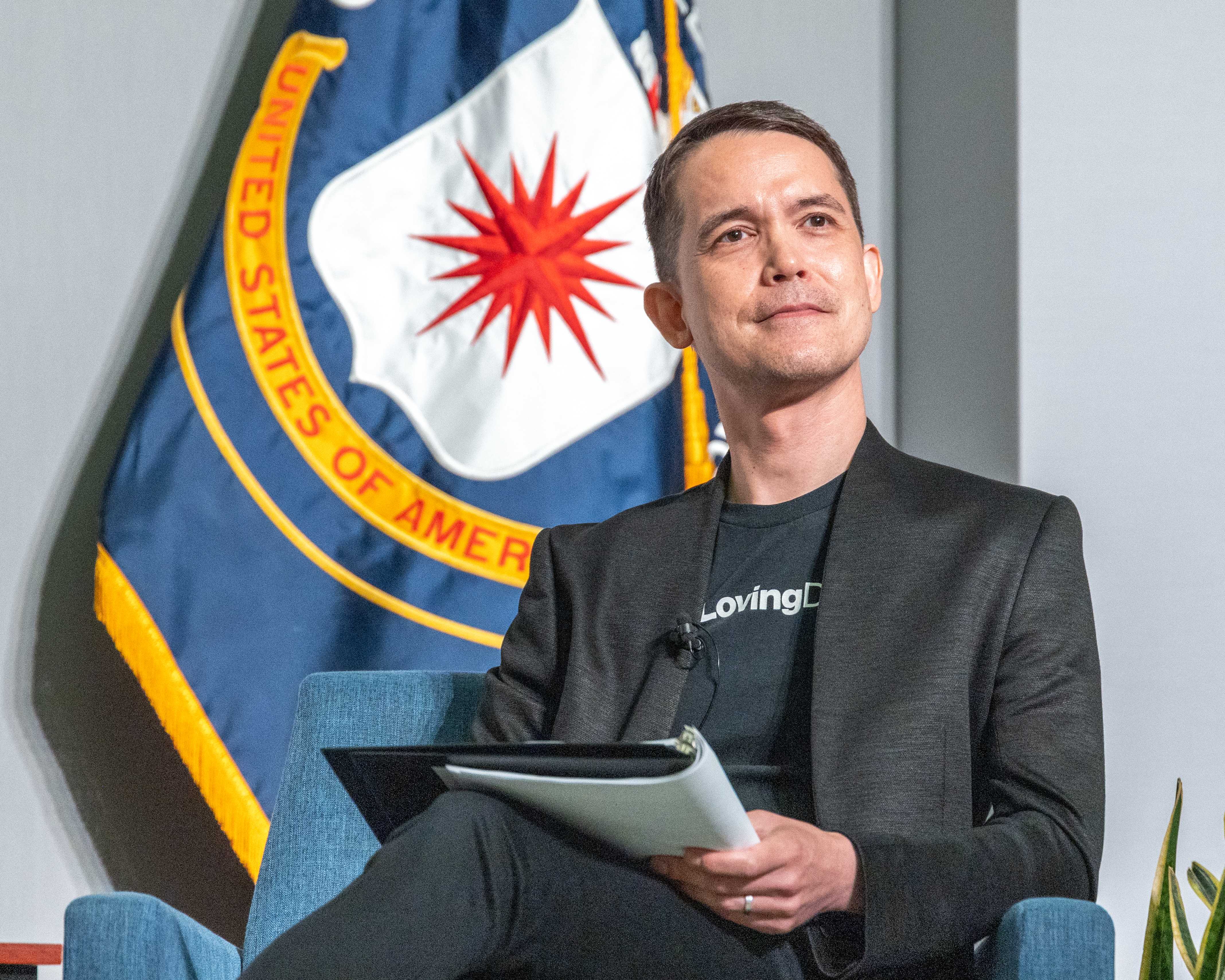“Under our Constitution, the freedom to marry, or not marry, a person of another race resides with the individual, and cannot be infringed by the State.” – United States Supreme Court Chief Justice Earl Warren (1967)
For many Americans, it is easy to forget that interracial marriages were outlawed not too long ago. It wasn’t until the U.S. Supreme Court decision in the case of Loving v. Virginia in 1967 that marriage was established as a fundamental right not restricted by race. More recently, the Supreme Court used the Loving decision as the basis for ruling that same-sex marriage bans were also in violation of the Fourteenth Amendment.
Loving Day is observed on June 12th and commemorates the landmark Loving v. Virginia ruling. This month, CIA celebrated Loving Day with events under the theme “Love Never Fails.” Many of our officers are part of interracial marriages or are of mixed-race heritage, and we strive to hear, respect, and value all voices in the workplace.
In an increasingly complex global environment, embracing diversity and inclusion also enhances CIA’s national security mission. The Agency needs officers of diverse backgrounds and experiences that reflect the vast tapestry of human experience throughout the world.

History Behind Loving Day
Richard Loving and Mildred Loving were an interracial couple—he was white, she identified as both Native American and Black—who lived in Virginia and got married in Washington, D.C. in 1958. When they returned home to Virginia, the police arrested the Lovings and charged them with violating Virginia’s law that prohibited marriage between those who were white and non-white. The judge presiding over the case gave the Lovings a suspended sentence as long as the couple agreed to leave Virginia.
In 1963, the Lovings returned to Virginia to be closer to their families and took legal action in a case that made its way up to the Supreme Court. The Court sided with the Lovings and unanimously declared that laws banning interracial unions were unconstitutional and in violation of the Fourteenth Amendment, ultimately allowing interracial marriage across the country.
Vision of Loving Day Founder
On June 8th, CIA hosted Ken Tanabe, founder of Loving Day, to share his insights on the value and richness that diverse cultures, experiences, and perspectives bring to the workplace. Tanabe, whose parents are an interracial couple, felt that the Loving decision was a civil rights milestone that should be widely known. That motivated him to launch Loving Day in 2004.

“Loving Day started as my thesis project in graduate school… I thought it could be a memorable point of entry for a deeper conversation about interracial relationships and multicultural identity in the context of rights and society,” said Tanabe. “The idea for a day of observation was inspired in part by other meaningful observations, such as those for Dr. Martin Luther King Jr. and for Juneteenth.”
Today, Loving Day—which is celebrated in public events in most large cities across the country—has spread across the globe with supporters sharing the social media hashtag #LovingDay and hosting social gatherings, concerts, outdoor activities, and academic discussions marking the occasion. Many people have even chosen to get married on Loving Day.
Tanabe reflected on his hopes for Loving Day going forward. “Loving Day’s mission is to steward a shared tradition as a way to fight racism through education; to create visibility; and to build community… And I hope that through Loving Day people will learn about the Loving decision at a much younger age than I did.”
Significance of Loving Day and Diversity at CIA
“Public service is not an abstraction,” CIA Director Burns recently emphasized at the Truman Library Institute Award Dinner in April. “It’s about deep commitment, sometimes at great risk. It’s about patriotic Americans from across the richness and diversity of our society who dedicate themselves to defending the interests and values that animate America in the world.”
During CIA’s recent Loving Day events, CIA officers were also able to share their personal stories and experiences of being in multiracial relationships and coming from multiracial families. These celebrations highlighted how officers of mixed race or mixed ethnicity bring unique perspectives and expertise to the Agency’s mission.
“I just want to reiterate how great it is to work in an organization that would see value in the background that my husband brings to the table,” one CIA officer shared. “He’s a naturalized citizen, and I think some people question whether there’s room for that background here at the Agency. Obviously there’s plenty of room for that.”
